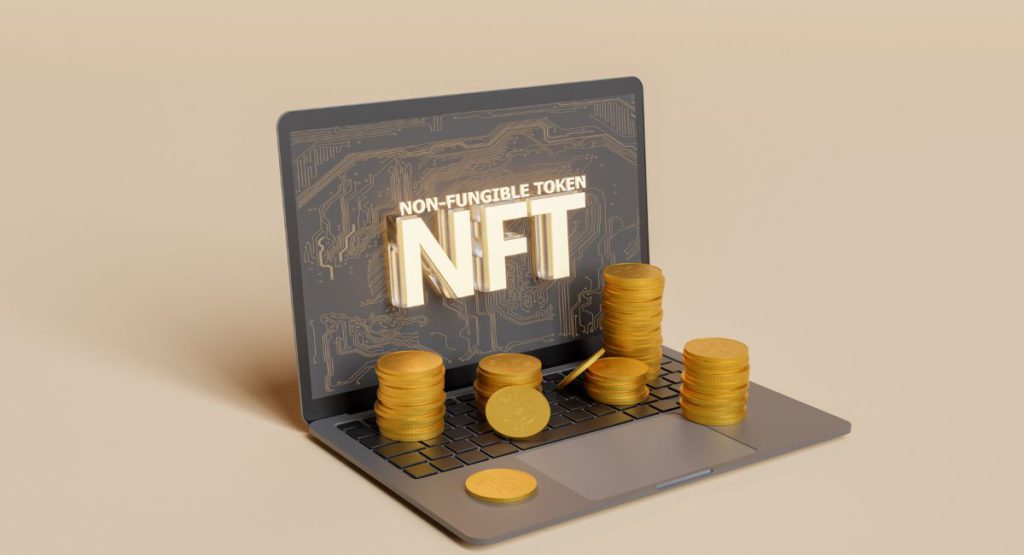Your Ultimate Guide To Blockchain-based Payment Firms

Blockchain-based payment firms are companies that utilize blockchain technology to facilitate financial transactions. These firms leverage decentralized and distributed ledger systems to enhance the security, transparency, and efficiency of payments. Here are key aspects of blockchain-based payment firms:
- Blockchain Technology: These firms operate on the foundation of blockchain, a decentralized and distributed ledger that records transactions across a network of computers. This technology ensures that the transaction history is transparent, secure, and resistant to tampering.
- Cryptocurrency Integration: Many blockchain-based payment firms incorporate cryptocurrencies into their systems. Cryptocurrencies, such as Bitcoin or Ethereum, are digital or virtual currencies that use cryptography for security. Users of these payment platforms can conduct transactions using cryptocurrencies.
- Smart Contracts: Smart contracts are self-executing contracts with pre-programmed rules. Blockchain-based payment firms often employ smart contracts to automate and enforce the terms of transactions. This reduces the need for intermediaries and streamlines processes.
- Decentralization: Unlike traditional payment systems that rely on central authorities like banks, blockchain-based payment firms operate in a decentralized manner. This decentralization eliminates the need for a central clearinghouse and allows for peer-to-peer transactions.
- Transparency and Immutability: Transactions on the blockchain are transparent and immutable. Once a transaction is recorded, it cannot be altered or deleted. This transparency builds trust among users, and the immutability ensures the integrity of the transaction history.
- Cross-Border Transactions: Blockchain-based payment systems excel in facilitating cross-border transactions. The decentralized nature of blockchain reduces the need for multiple intermediaries, making international transactions more efficient and cost-effective.
- Financial Inclusion: By operating on a decentralized network, blockchain-based payment firms can provide financial services to individuals who are excluded from traditional banking systems. This inclusivity is particularly valuable in regions with limited access to banking infrastructure.
- Tokenization: Tokenization involves representing real or digital assets as tokens on the blockchain. Many blockchain-based payment firms use tokens for various purposes, including facilitating transactions, representing ownership, or enabling access to specific services.
- Regulatory Considerations: The regulatory landscape for blockchain-based payment firms is evolving. These companies must navigate and comply with regulatory frameworks to ensure legal operation and build trust among users and regulators.
Overall, blockchain-based payment firms are at the forefront of transforming the traditional financial landscape by providing innovative solutions that leverage the benefits of blockchain technology.



FAQs about blockchain-based payment firms
Q: What are the payment systems based on blockchain? A: Payment systems based on blockchain include popular ones like Bitcoin, Ethereum, and Ripple (XRP). These cryptocurrencies leverage blockchain technology for secure and decentralized transactions.
Q: What financial companies use blockchain? A: Many financial companies are exploring or implementing blockchain technology. Some notable examples include JPMorgan Chase, Goldman Sachs, and Fidelity. They often use blockchain for improving the efficiency and security of financial transactions.
Q: What are blockchain-based companies? A: Numerous companies are built around blockchain technology. Examples include ConsenSys, Ripple, and Coinbase. These companies offer a range of services, from blockchain development to cryptocurrency exchanges.
Q: What is the name of a blockchain-based payment platform? A: There are several blockchain-based payment platforms. Notable ones include Ripple’s XRP Ledger, Stellar, and Litecoin. These platforms use blockchain to facilitate fast and secure cross-border transactions.





























































